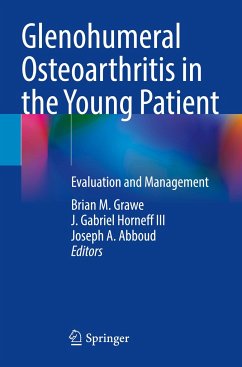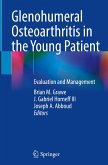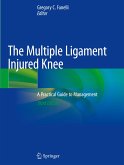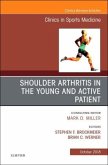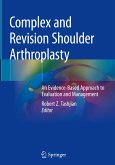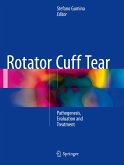The management of glenohumeral arthritis in the young patient remains a challenging problem for the treating clinician. The activity demands seen in such patient populations require a unique understanding of what the goals of treatment are to ensure satisfied and sustainable outcomes. In addition, younger patients have a longer life expectancy and more active lifestyles, which can negatively impact the longevity of arthroplasty implants that are traditionally used in the older patient population. As such, the discovery and implementation of novel and anatomy preserving techniques continue to evolve to meet the demand of younger patients without compromising their outcomes.
This practical text serves to educate the treating clinician on how to recognize and categorize glenohumeral osteoarthritis in young patients and offers insight into the various operative and non-operative treatment options. Opening chapters examine the prevalence and burden, etiology and evaluation of the condition, followed by chapters discussing the current non-invasive and non-operative approaches to treatment, such as injection therapy. The main complement of chapters are detailed descriptions of surgical approaches, from arthroscopy and cartilage reconstruction to total and reverse shoulder arthroplasty, stemless approaches and arthrodesis. A final chapter expands on future management strategies. Radiographs and intraoperative photos are provided to enhance the text.
Presenting the state of the art for this increasingly common condition, Glenohumeral Osteoarthritis in the Young Patient is an ideal resource for orthopedic surgeons and sports medicine specialists alike.
This practical text serves to educate the treating clinician on how to recognize and categorize glenohumeral osteoarthritis in young patients and offers insight into the various operative and non-operative treatment options. Opening chapters examine the prevalence and burden, etiology and evaluation of the condition, followed by chapters discussing the current non-invasive and non-operative approaches to treatment, such as injection therapy. The main complement of chapters are detailed descriptions of surgical approaches, from arthroscopy and cartilage reconstruction to total and reverse shoulder arthroplasty, stemless approaches and arthrodesis. A final chapter expands on future management strategies. Radiographs and intraoperative photos are provided to enhance the text.
Presenting the state of the art for this increasingly common condition, Glenohumeral Osteoarthritis in the Young Patient is an ideal resource for orthopedic surgeons and sports medicine specialists alike.

